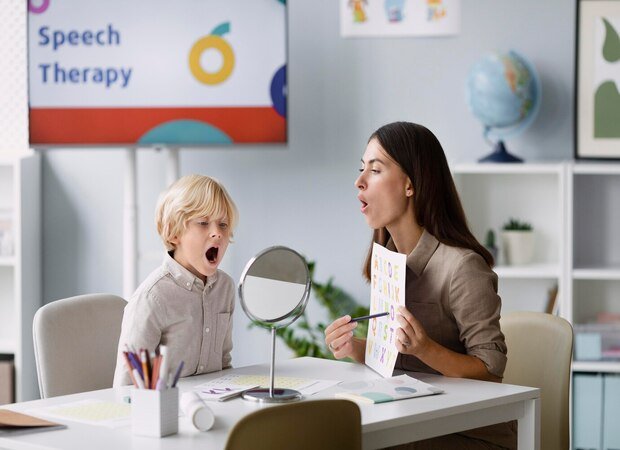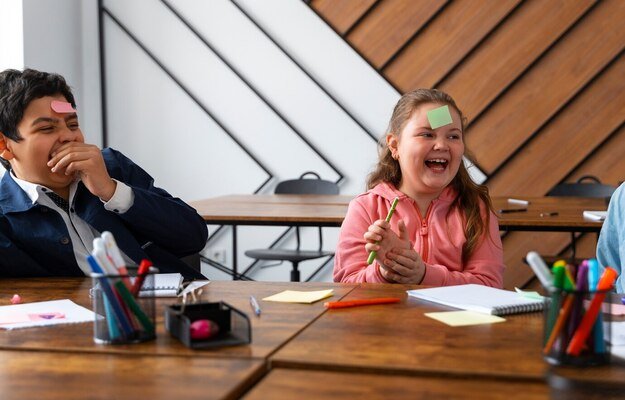SPEECH/LANGUAGE DELAY & OT


A youngster who does not acquire communication abilities at the anticipated age is said to have a speech and language delay. This may involve difficulties in understanding language (receptive language) or using words and sentences to express oneself (expressive language). These delays can affect learning, social interaction, and emotional development if left unaddressed.
For speech and language impairments, Psychowellness Center, a top mental health and developmental facility in West Delhi, offers thorough evaluation and management. Their multidisciplinary team of speech-language pathologists and occupational therapists (OTs) work collaboratively to promote holistic development in children.
Occupational Therapy (OT), often an essential part of treatment, helps children develop the foundational motor and sensory processing skills necessary for effective communication. At Psychowellness Center, the aim is not just to support speech milestones but also to build confidence, independence, and social participation through targeted therapies and parent training.


Speech and language delays may become evident at various developmental stages. Symptoms can range from mild to significant, affecting expressive, receptive, and social communication abilities.
Speech Delay
Language Delay
Social Communication Concerns
Difficulty taking turns in conversation

Multiple factors can contribute to speech and language delay, including medical, neurological, and environmental influences:
Biological Factors
Environmental and Developmental Factors
Family History

Receptive Language Delay
Expressive Language Delay
Mixed Receptive-Expressive Language Delay
Speech Sound Disorders
Pragmatic Language Impairment (Social Communication Disorder)

A thorough evaluation by a certified Speech-Language Pathologist (SLP) and Occupational Therapist may include:
Clinical Observation and Developmental History
Standardized Assessments
Hearing Tests
Occupational Therapy Evaluation

Early intervention is crucial for successful outcomes. A collaborative and child-centered treatment plan may include:
Helps children develop age-appropriate communication skills through play, modeling, and interactive techniques.
Goals of Speech Therapy:
Therapeutic Approaches:
Supports underlying skills necessary for communication, such as motor planning, sensory regulation, and feeding.
How OT Supports Communication Development:
Evidence-Based OT Interventions:
Educating caregivers is key to success. At Psychowellness Center, families receive ongoing training to: